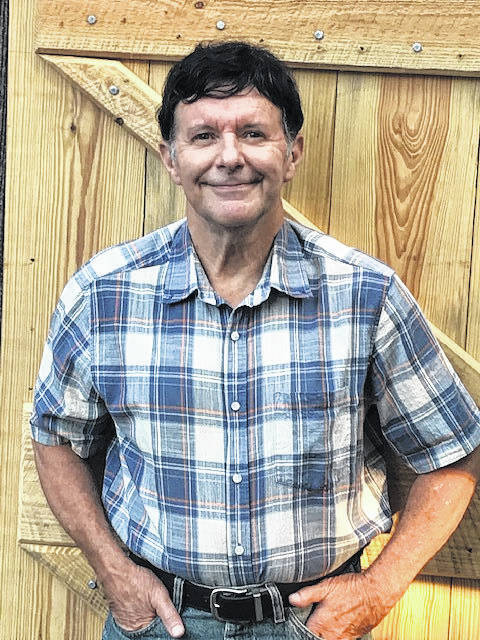We are all familiar with literacy in the traditional sense of competency in communicating using the English language. Reading, writing, and reading comprehension provide the foundation for education in America and around the world, and everyone agrees that this overlapping trio of communication skills is essential to the realization of all other types of literacy. I believe one of these other important types of literacy is scientific literacy. What is scientific literacy and why is it so important for all of us in this modern era of civilization?
Scientific literacy is a person’s ability to intelligently discuss, describe, and explain, from a scientific point of view, the processes and cause-and-effect relationships that take place in the world around us. This basic understanding of science then further enables us to make logically informed decisions about science-related issues. Almost every aspect of our lives is impacted by scientific principles and processes, both naturally occurring and man-made, that take place on a daily, minute-by-minute, basis all around us and even within our own bodies. Indeed, the nonstop biochemistry taking place inside you and me right now consists of thousands of simultaneously occurring processes involving biology, chemistry, and physics, and the scientific understanding of these processes has led to the tremendous benefits of the medical and pharmacological treatments available today.
However, the framework of scientific literacy is not limited to specific tangible benefits of scientific investigation. Equally important is that it enables and empowers us to become better decision-makers. Most of us would agree that “informed decision-making” is better than “uninformed decision-making.” And it logically follows that the more accurate and factual and reliable information you have about something the better your chances of making a reasonably good decision about it if the need arises. As a timely example, consider a question that is currently and commonly on many people’s minds: Should I get the COVID-19 vaccine (or not)? The massive overwhelming scientific consensus worldwide is that, “yes, you definitely should get the COVID-19 vaccine.” And the good news is that most people agree, which further indicates that most people do in fact have a good basic understanding of the scientific and medical principles involved in the use of vaccines.
But there has been an alarming and disturbing trend in America, and some parts of the world, over the past few decades, a tendency toward a denial of evidence-based information and a rejection of many well-investigated and well-established scientific facts and conclusions. Why do some people prefer to believe in various “hoaxes” and “conspiracy theories” and hucksters of pseudoscience rather than world-renowned research scientists and medical professionals? The reasons are many, ranging from misleading and distorted information from dubious online sources to a variety of limitations that are often apparent in our educational system. But underlying these tendencies toward an anti-science mentality seems to be a more subtle and pervasive “anti-intellectual” mindset that some people adopt as they go through life, one that goes something like, “not knowing and not understanding things” is just as good as actually knowing and understanding things. Or that so-called “alternate facts” are as good or better than the real facts.
Two of my all-time favorite proponents of scientific literacy were Carl Sagan and Isaac Asimov. Asimov mentioned a “strain on anti-intellectualism” that has been weaving its way through American culture and society since our nation’s founding, and Sagan often described this phenomenon as “a kind of celebration of ignorance” contributing to the dumbing down of Americans in more recent times. No one is suggesting that we all need to become scientists or that our children should all be “A” students in their science classes. Rather, we should simply aim for the more modest goals of using the realm of science as a way of thinking, a method for acquiring and using accurate and reliable information, a route to good decision-making, and as a framework for determining what is real and what is not real.
As a science teacher I most definitely support the supposition that knowing things and understanding things is far better than the inverse. I am convinced that the scientific method is the best approach we have for acquiring, using, and applying factual knowledge and understanding about the workings of our physical world. I further believe that a scientific mindset enables people to think critically and become better problem-solvers and evidence-based decision makers who can reliably distinguish fact from fiction. And evidence supports a derived conclusion that scientific literacy is likely to promote the long-term well-being and prosperity of both citizens and civilizations.
Wayne Bass is a science teacher at Newberry Academy. He can be reached at [email protected].

